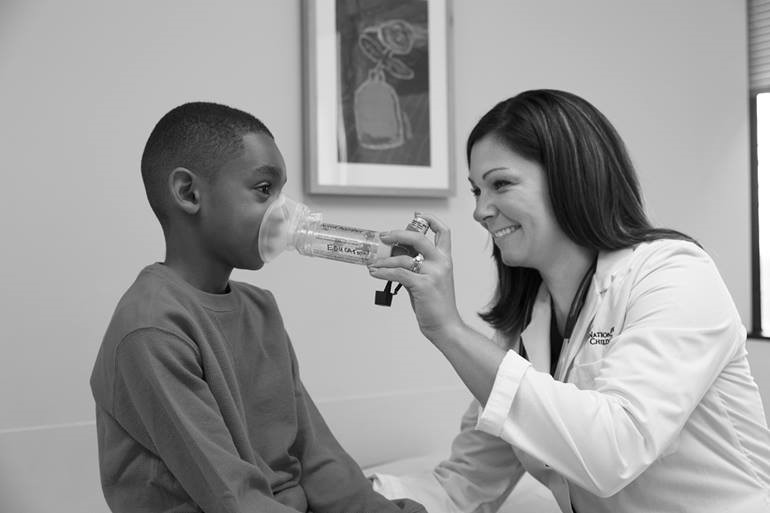Ask A Specialist: What Are the Recommendations for Sexually Transmitted Infections (STI) Screening in Primary Care?
Ask A Specialist: What Are the Recommendations for Sexually Transmitted Infections (STI) Screening in Primary Care? https://pediatricsnationwide.org/wp-content/uploads/2019/05/AdobeStock_91559062-header-1024x575.jpg 1024 575 Cynthia Holland-Hall, MD Cynthia Holland-Hall, MD https://secure.gravatar.com/avatar/?s=96&d=mm&r=g- August 09, 2023
- Cynthia Holland-Hall, MD

STI screening is recommended for all sexually active adolescents. According to the American Academy of Pediatrics, nearly 1 in 4 teens have an STI. Safe sexual practices and routine screening can prevent these infections – that’s where health care providers come in. By offering routine testing for all sexually active teens in addition to safe sexual practices counseling, we can protect teens from infections that may have long-term consequences on their health.
- Gonorrhea and chlamydia testing should be performed in all sexually active adolescents, using a nucleic acid amplification test (NAAT).
- First-catch urine (the first part of the urine stream) is an appropriate screening specimen for patients of any gender and may be collected in any sterile specimen cup. It may be refrigerated for up to 24 hours if it cannot be sent to the lab immediately.
- Vaginal testing offers somewhat better sensitivity than urine testing but requires a dedicated specimen collection kit.
- “Opt-out” testing may be considered for all adolescent girls but does not replace the need to take a sexual history.
- Males/transfemales who have sex with other males/transfemales (MSM) should be tested at the pharynx for gonorrhea and the rectum for both organisms if they engage in receptive intercourse.
- Trichomonas vaginalis NAAT testing may be performed in females, using urine or a vaginal specimen. Routine testing in males is not recommended.
- HIV and syphilis (RPR or VDRL) serologic testing should be performed. Frequency of repeat testing depends on patient’s individual sexual practices and associated risk. Screening for Hepatitis B and C may be considered as well.
- Routine testing for Human papillomavirus (HPV) and Herpes Simplex Virus (HSV) is not recommended in asymptomatic adolescents. Visual inspection of the genitalia for lesions is appropriate.
STI results are confidential, and your office should attempt to communicate results directly to the patient. We encourage open communication between adolescents and their parents/guardians.
Image credit: Adobe Stock
About the author
-
This author does not have any more posts.
- Posted In:
- Clinical Updates
- In Brief
- Second Opinions





